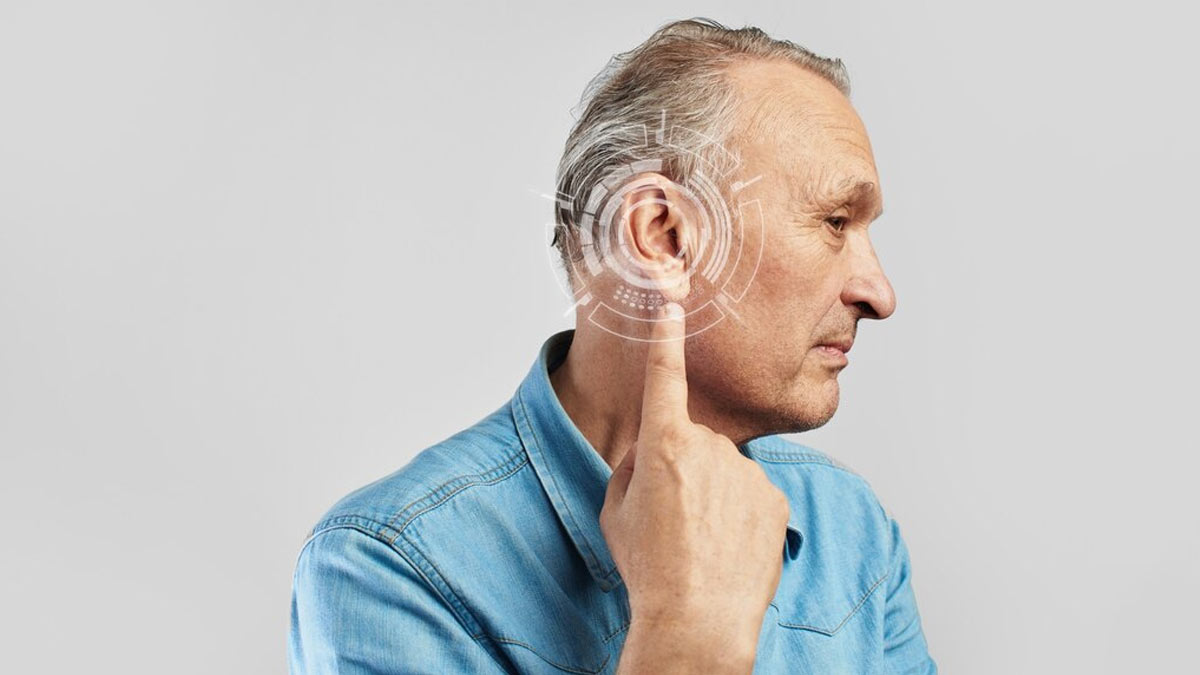
Did you know diabetes, a condition in which your blood glucose level is too high, can cause hearing loss too? Some of the complications of diabetes are well known, like cardiovascular disease and kidney damage. However, did you know diabetes can also lead to hearing loss? We spoke to our expert Dr Harshitha Boyareddigari, Consultant - Diabetes and Endocrinology, Manipal Hospital, Jayanagar and Sarjapur, Bengaluru, who explained this connection and listed some tips to manage it.
Table of Content:-
Diabetes and Hearing Loss

Emerging research shows a link between diabetes and hearing loss, indicating those with diabetes face a higher risk of auditory issues. According to findings of the Annals of Saudi Medicine, it was found that 43% of individuals with diabetes may experience varying levels of hearing impairment, whether it's directly linked to chronic high blood sugar levels or not.
According to the study by the Journal of Medicine and Life, it was found that the majority of individuals diagnosed with type 2 diabetes (35.1%) experienced minor hearing impairment. Furthermore, it was observed that the majority of those with hearing issues were aged over 65. Conversely, participants under 65 exhibited superior hearing abilities in both their left and right ears.
Also Read: Addressing India's DIABETES DILEMMA Never Too Early To Test But May Be Too Late To Treat
Understanding the Link

Dr Boyareddigari said, “While the exact mechanism isn't fully understood, shared factors like microvascular damage, nerve problems (diabetic neuropathy), and chronic inflammation play roles.”
She added, “High blood sugar levels in diabetes can lead to damage to small blood vessels throughout the body, including those in the inner ear. This impaired blood flow and oxygen supply to the delicate structures of the inner ear contribute to hearing impairment.”
Causes Of Hearing Loss
“Diabetes harms small blood vessels, reducing blood flow and oxygen to the inner ear, and affecting hearing. Not only this, diabetic neuropathy can damage nerves, disrupting signals from the ear to the brain. Additionally, chronic inflammation in diabetes may also harm auditory tissues”, added Dr Boyareddigari.
Also Read: Diabetes And Itching: Expert Explains The Connection Between The Two
Who Is At Risk?
Dr Boyareddigari listed the risk factors for diabetes and hearing loss as follows:
- Age
- Obesity
- High blood pressure
- Genetics
Poorly controlled diabetes and prolonged high blood sugar levels worsen hearing problems
Prevention and Management

Prevention and effective management strategies play crucial roles in dealing with diabetes. Dr Boyareddigari listed some management tips that you should follow as:
- Early detection is paramount, as it enables timely interventions to mitigate its progression and associated complications.
- Routine monitoring of blood sugar levels, blood pressure, and cholesterol is essential in effectively managing diabetes.
- Adopting a healthy lifestyle is instrumental in reducing the risks associated with diabetes. This includes adhering to a balanced diet rich in fruits, vegetables, whole grains, and lean proteins while minimising the intake of processed foods, sugary beverages, and excessive fats.
- Regular physical activity is also vital, as it helps regulate blood sugar levels, improves insulin sensitivity, and contributes to overall cardiovascular health.
- Avoiding smoking and minimising alcohol consumption further reduces the risk of developing diabetes-related complications and comorbidities.
Screening
Dr Boyareddigari highlighted, “People with diabetes should have regular hearing screenings, especially if poorly controlled or with other risk factors. Early detection allows for timely intervention, like hearing aids or implants.”
Bottomline
Dr Boyareddigari concluded, “Managing diabetes comprehensively includes addressing potential complications like hearing loss. Healthcare providers should screen for hearing issues in diabetic patients and collaborate with audiologists for timely interventions. Awareness and preventive measures can help individuals with diabetes protect their hearing and improve their overall quality of life.”
[Disclaimer: This article contains information provided by an expert and is for informational purposes only. Hence, we advise you to consult your expert if you are dealing with any health issues to get the necessary diagnosis and treatment.]
Also watch this video
How we keep this article up to date:
We work with experts and keep a close eye on the latest in health and wellness. Whenever there is a new research or helpful information, we update our articles with accurate and useful advice.
Current Version